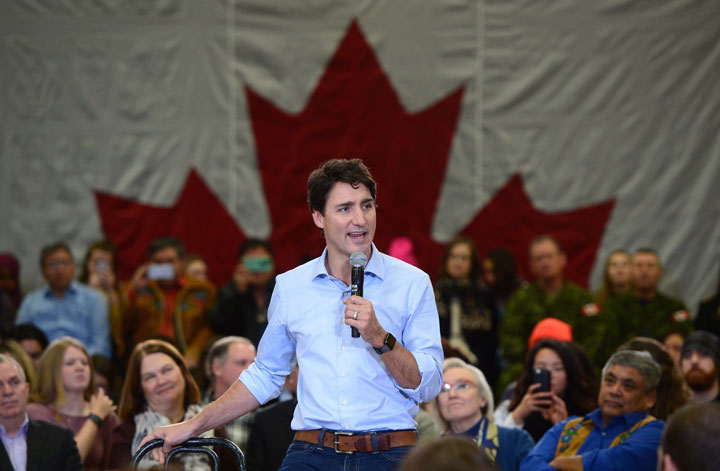Prime Minister Justin Trudeau has decided not to go through with one of his campaign promises, and we should all breathe a sigh of relief.

Trudeau will not arbitrarily reform the federal electoral system. He promised to do so during the 2015 election campaign, but it was a bad promise then and remains a bad promise today.
This is not to say electoral reform is a poor idea that should never happen. But for a political leader to impose on all Canadians a new and specific system of electing politicians takes an anti-democratic approach towards a fundamental part of democracy.
The chief problem with Trudeau’s election promise is that it was vague (not to mention completely impractical). There are a number of alternatives to our current first-past-the-post system, but none of them were put in front of the voters.
When it comes to electoral systems, there are a dog’s breakfast of choices. Some are wildly different than others.
Some supporters of electoral reform favor a pure proportional representation model. Others (including Trudeau himself) advocate for a ranked (or preferential) ballot. Still others would like to see a mixed member proportional system.
Then there is the almost incomprehensible single transferable vote, a system that British Columbians have twice defeated in provincial referendums.
For the Trudeau government to arbitrarily choose one of these systems (no matter how much consultation occurred) and enshrine it into law would have been unacceptable to the vast majority of Canadians.
Even electoral reform advocates would likely have screamed murder if their own particular and beloved alternative wasn’t the model adopted.
Electoral reform is an obscure and arcane cause that the vast majority of people do not spend any time thinking about.
Political activists, particularly those on the left, and members of fringe parties (such as the federal Green Party) push for electoral change because for many it provides the only means available for their entry onto the elected political scene.
The process the Trudeau government used to gain public input into any proposed changes to the electoral system underscored the many problems his promise created.
First of all, there was not even a hint of consensus emerging over a specific and particular alternative to the current system.
Second, the general public tuned the process out. The town hall meetings held by a parliamentary committee attracted the usual suspects — political science professors, political activists, fringe party members and self-styled “experts” on the issue.
In fact, the lack of public interest in the consultation process can be interpreted as a sign that the vast majority of voters are not crying out for change. Our first–past-the-post system has served our country for 150 years (and this province for almost as long) and we seem to be in good shape.
Yes, voter turnout could be higher. But a shift to a different voting system is no guarantee that will happen.
There’s no doubt Trudeau’s credibility will suffer with some voters because of this debacle, but I very much doubt it’s a fatal wound. Some of those disappointed by his decision reacted hysterically, saying the only reason he was even elected was because of his promise on electoral reform (an absurd argument).
No, the fact Trudeau continues to face weak political opposition from other parties (a situation that may last until after the next election) gives him a lot of breathing room.
He ultimately made the right decision here, and it’s a good one for the nation. With worldwide political unrest unfolding constantly, and given the tumultuous state of politics south of the border, now is not the time to impose a new way of electing politicians.
If he still yearns to change the system, then his government should choose a specific model and put it in front of the voters in a national referendum (one that sets the bar for change rather high: at least 60 per cent approval should be required, as we require in B.C. ).
Yes, Trudeau broke one of his promises. But it’s time to move on and focus on some of his more substantive and realistic ones.
Keith Baldrey is chief political reporter for Global BC. This is reprinted from his weekly column with Glacier Media.



Comments